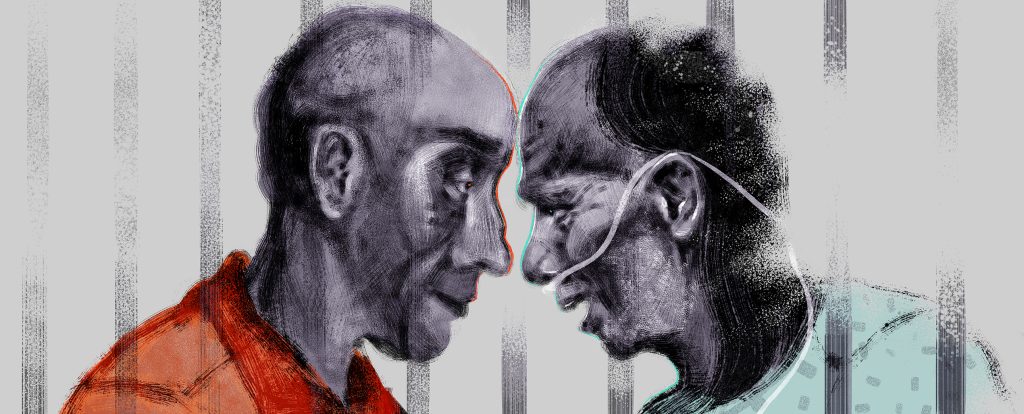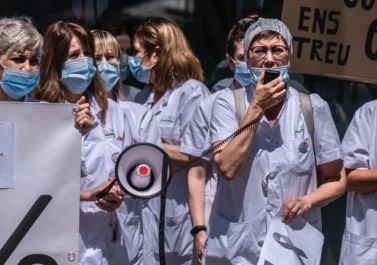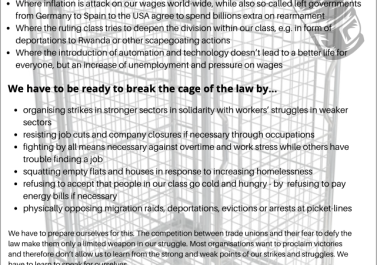
I don’t know the sequence of events that resulted in the situation that Karim, a British-Asian man in his mid-40s, found himself in during the last two days of his life. I only know that he was dying of lung cancer on a hospital ward, alone, apart from the prison wards that took turns to watch him die. His mother was supposed to see him, but he deteriorated too quickly. It was a painful death. I don’t know his story, but you can imagine how in a working class life one thing can lead to another. You can imagine that prison is not a place of well being and medical prevention.
He died around two o’clock in the morning. In his hand-over sheet it said that he was for ‘full escalation’, which means that we should have tried to resuscitate him with chest compressions. In a different document it stated that given the spread of cancer he should be categorised as ‘end of life’ and not be resuscitated. I think the responsible nurses probably made the right decision not to try to resuscitate him. At the same time, given the slightly unclear situation, I wonder if the nurses would have started chest compressions if it had not been a prisoner, but a posh British man – perhaps only out of fear that his family might have inquired whether protocol was followed to the letter or not.
The prisoner died. The prison guard stayed outside of his room until four police officers arrived. This might be part of the rules and regulation once a prisoner dies in hospital. The five officers mingled for a while, then the cops remained in front of his room for the following five hours. Ten minutes before the end of a twelve and a half hour shift the head nurse asked me and another colleague to ‘give him a quick wash’. Usually washing a deceased person is supposed to be done in a calm and dignified manner. We tried our best.
It was good to share some words of sadness and anger with my colleague, a young woman of Somalian background. It’s a shame that they couldn’t even let him die in peace.



